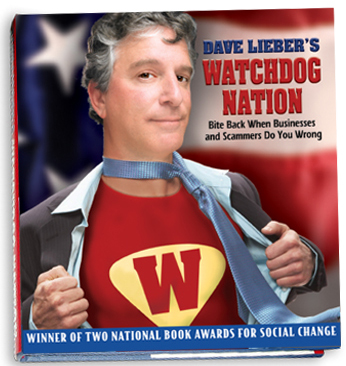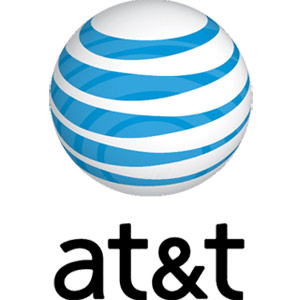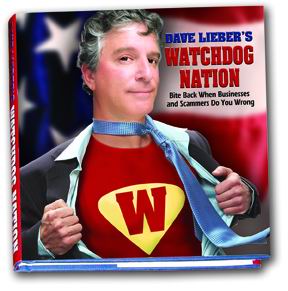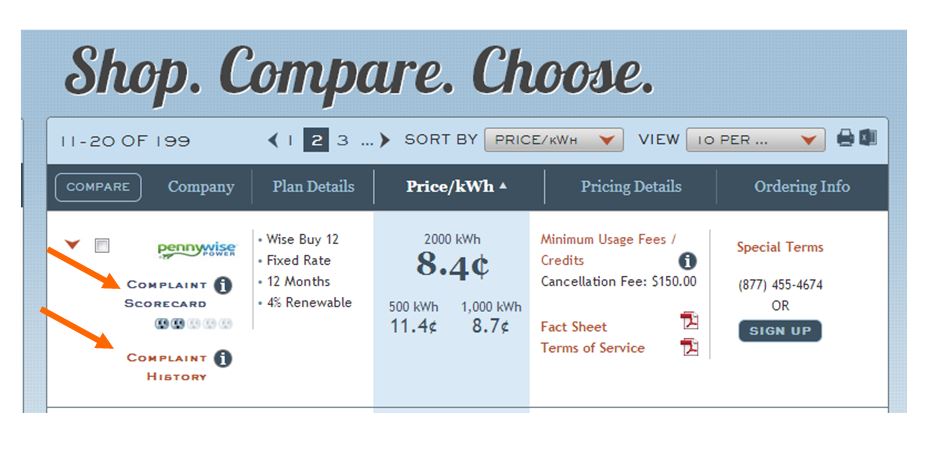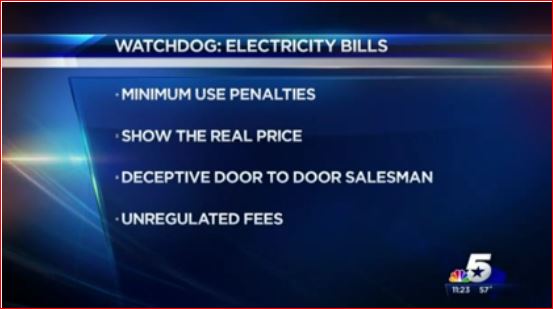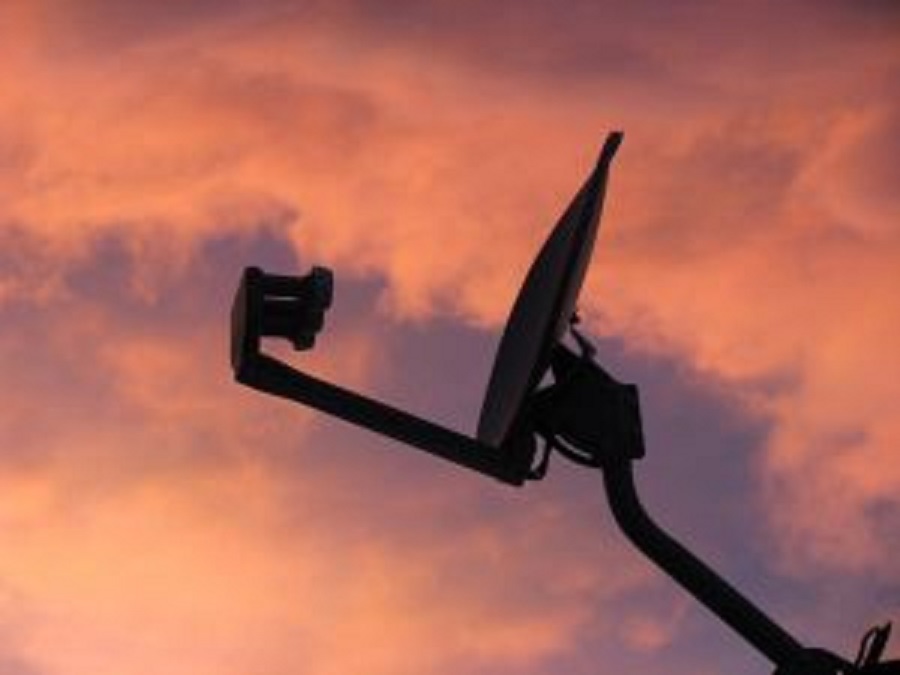My #shameATT campaign on Twitter landed Watchdog Nation in the office of AT&T CEO/Chairman/President/Big Kahuna Randall Stephenson.
Hear what happened when we gave him a red binder full of complaints
Here’s the story that originally appeared in the Dave Lieber Watchdog column in The Dallas Morning News.
-
A mistake I made about AT&T led me into AT&T Chairman-CEO-President Randall Stephenson’s office last week. That’s right. The C-Suite. Suite 400 at AT&T world headquarters in downtown Dallas.
Guys like me can’t get past a company’s PR gatekeepers. But here I am being escorted in the elevator by a building guard. I bring a message from you to him. I carry a large red binder with more than 100 complaints about his company.
Previously, I had written that “the big kahuna at AT&T” doesn’t list improving customer service as one of his top three goals. I launched a #shameATT Twitter campaign.
After that, the big kahuna himself calls on my AT&T cellphone to alert me of my error. He says making customers happy has always been and will always be his numero uno. He invites me to his office for a chicken salad lunch (for which, incidentally, I pay).
After spending 90 minutes in his office last Wednesday, I attest that the big kahuna cares about customer service. Absolutely.
The natural follow-up I ask is: How does it feel to fail?
And I give a little speech: “The reason I’m here, though, is specifically — besides the honor of coming to meet you — to present to you my dilemma. I really have a dilemma. And the dilemma is this. I made this for you.”
I pull out the large red binder. The cover title I created is “The Last 100 Days.” What’s inside? 119 emails from 119 customers and employees — more than one a day — from the last 100 days. I deleted the senders’ names and other personal information to protect their privacy. But these little stories are the saddest tales of corporate failure and customer frustration one can imagine.
“This is what my life has been like for the past 10 years,” I say.
I explain that since I became The Watchdog in 2005, not a day goes by, hardly, when I don’t receive a complaint about his company. Stephenson is tall. Dark hair and glasses. Friendly and courteous. When I talk negatively about his company, he listens intently and doesn’t get defensive.
“Is this something I can keep?” he asks, pointing to the binder.

-
“Yep.”
“OK, good,” he says. “Did they ask to have the names stripped out?”
“No,” I explain. “They wrote to me.”
“So you don’t have their permission?”
“Yeah. I want you to see what people say about this company.”
“Good. I want to see it.”
-
-
“It’s shocking,” I warn. “Such a terrible reflection on this company. And I’ll be honest with you: When I give speeches, I will say that I think AT&T is the worst large-scale company in America. And nobody really ever argues with me.
“This is just amazing — the level of ineptitude, of carelessness,” I continue. “And it’s shocking to me, and it’s been happening to me every day for 10 years. I’ve always forwarded these to your PR guys. But I’ve stopped.”
“Why don’t you just start forwarding them to me?” he asks.
“I would love to do that,” I say, “but here’s what I started sending to people.” I pull out a sheet that shows a keyboard shortcut I created to answer AT&T complaint emails. The shortcut is a link to the complaint website of AT&T’s regulator, the Federal Communications Commission.
He says that’s an option for people. AT&T gets monthly reports to which it must respond.
He taps on the red binder again: “I’ll be on an airplane tomorrow. And I’ll spend time going through it.”
I say, “So that’s why I’m here, OK? I’m here on behalf of what I would call the ‘Make it stop’ campaign.”
“What is that?” he asks.
“Make this stop. For every 60 I get about AT&T, I get one about Verizon. For every 90 I get about AT&T, I get one about Time Warner Cable. So your ratio is so far off the charts.”
His main point to make to me? “If you leave here with nothing else,” he says, “know that this is a priority of mine. This is my No. 1 priority. This is where we invest more capital than anyplace else.”
He adds, “I would like to convey that we have a plan and a lot of investment” in improving customer service.
OK.
He points to the red binder again, screaming brightly in his modern wood-and-glass office. “I’ll find this very useful. … I want to study it. I want to see if I can put together a plan and address this on a broader scale.”
He tells me that a column I wrote last month describing a customer service horror story was studied intensely by his team. He calls these studies of what went wrong a “root cause analysis.”
During the next hour, I glimpse what it’s like to run a company with 150 million customers and 280,000 employees. I learn how he monitors performance using scores and metrics and data, some of it independent of the company and some internal.
I learn that customer service at AT&T is changing. Much of it will go online. Call center reps are going to get more training and better technology to help them do their jobs, he says.
He glances at the screaming red binder again. “I don’t know what I’m going to find. I’m dying to dive into it. It will actually be valuable intel I suspect.”
Then he says something that changes my impression of him in a big way. He is removing the gatekeepers. When I ask him again where I should send the daily complaints about AT&T, he gives me his email address.
Do these emails go to your phone? I ask.
“Yes.”
If our little meeting improves customer service for one person, I’ll be happy. But my goal is bigger. His is, too. Let’s improve AT&T’s customer service for millions.
Staff writer Marina Trahan Martinez contributed to this report.
Check out The Watchdog on NBC5 at 11:20 a.m. Mondays, talking about matters important to you.
On Twitter:
@DaveLieber 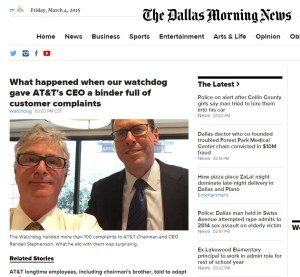
-
 \
\
Still here? Visit Dave Lieber’s other fun website: DaveLieber.org






